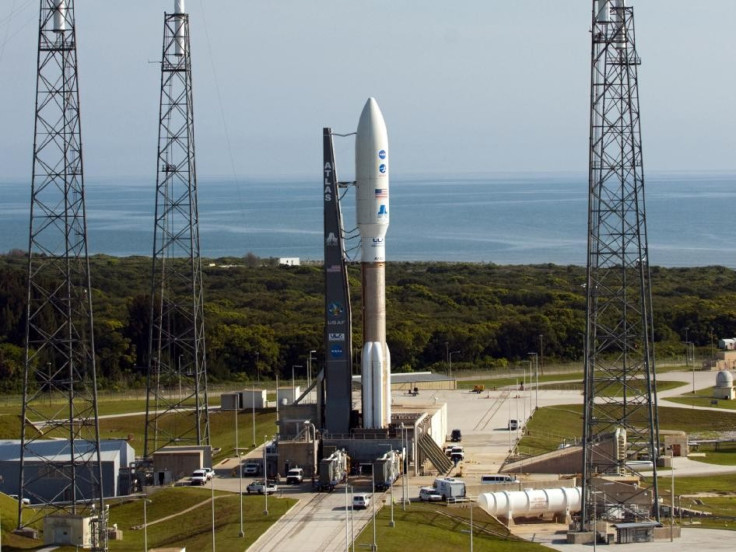NASA Launches Juno Towards Jupiter (WATCH LIVE)

NASA is launching its Juno spacecraft toward Jupiter.
The Juno unmanned mission will look to unlock the mysteries of Jupiter's magnetic solar field, one of the strangest in the planet.
The mission will kick off a five-year, 400-million-mile voyage this month and send the Juno spacecraft to the biggest planet in the solar system. Juno will orbit the planet for a year. During this year, it's set to investigate the solar field's origin and evolution, while measuring its gravity field, as well as the water and ammonia in Jupiter's atmosphere.
The mission will also be able to confirm theories on how the solar system was formed.
"The special thing about Juno is we're really looking at one of the first steps, the earliest time in our solar system's history," Scott Bolton, the principal investigator for the Juno mission, said in a statement. "Right after the sun formed, what happened that allowed the planets to form and why are the planets a slightly different composition than the sun?"
The launch was originally supposed to happen at 11:34 a.m., but has been delayed because of higher than expected cycles of the Centaur helium system. This will delay transferring the Juno spacecraft to internal power. The launch window is open until 12:43 p.m.
Watch the launch, below.
Broadcasting live with Ustream
Credit: NASA
© Copyright IBTimes 2025. All rights reserved.





















